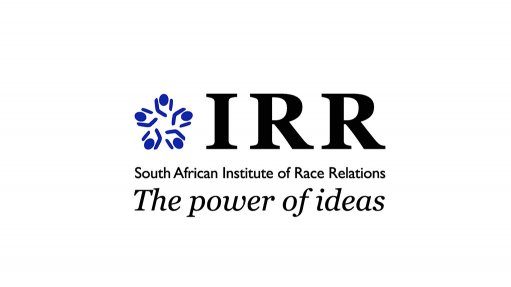
The IRR says the decision this evening by S&P Global Ratings to cut South Africa’s long term foreign currency sovereign credit rating to speculative grade or ‘junk status’ risks triggering a series of economic setbacks that will affect the living standards of all South Africans directly.
The Head of the IRR’s Centre for Risk Analysis, Mr Kerwin Lebone, said, “the announcement is a considerable setback particularly after the effort that was made by business, civil society, and some government leaders to prevent precisely this outcome”.
IRR CEO Dr Frans Cronje said, “the downgrade greatly complicates the prospects for South Africa being able to stage an economic recovery. Without a growth recovery, employment growth and revenue collection will stagnate and may even decline. The result will be a series of year on year declines in the living standards of poor and middle class South Africans alike. With growth rates having slipped to just 0.3% of GDP in 2016 the prospects for recession will now again appear on investor radars. A priority for policy makers must therefore be to take urgent steps to ensure that South Africa does not now move through a destructive cycle of multiple downgrades. This will require that last week’s decision to appoint Malusi Gigaba as finance minister be reviewed and reversed. While we had been prepared to adopt a wait and see attitude to the new minister, his comments since being appointed, particularly those criticising what he called ‘orthodox economics’, were reckless in the extreme and suggest that he will not be able to navigate the South African economy through a very sensitive era”.
In a note S&P suggested the rating cut had been triggered by the cabinet reshuffle last week.
However Cronje said, “while the downgrade may have been triggered by the reshuffle and the finance minister’s subsequent remarks, the deeper reason for the downgrade is the counter-productive nature of cabinet policy making since 2008. Wastage and corruption together with the bailing out of a series of unproductive state owned companies have squandered very precious tax resources that should have gone into infrastructure development and service delivery. The cabinet has time and again moved to undermine local and domestic investment confidence in the economy by threatening property rights and investor protections. It has also raised the costs of doing business, and thereby lowered South Africa’s relative economic competitiveness, through its policies on labour and empowerment. Many of these policies were championed by ministers and politicians who are now critical of President Zuma. The point is that South Africa’s economic troubles extend much deeper than Mr Zuma and his remaining political allies. It will take fundamental reforms in all major areas of policy to restore South Africa’s investment grade rating”.
Cronje added, “in all respects the ante has been upped considerably. If the government responds by reversing the reshuffle and introducing reforms then much progress may be made. If it refuses or vacillates about what to do then economic conditions may worsen considerably. If it hunkers down and draws the laager tight around itself while exacerbating the worst aspects of current policy then South Africa may find itself entering a long term recession”.